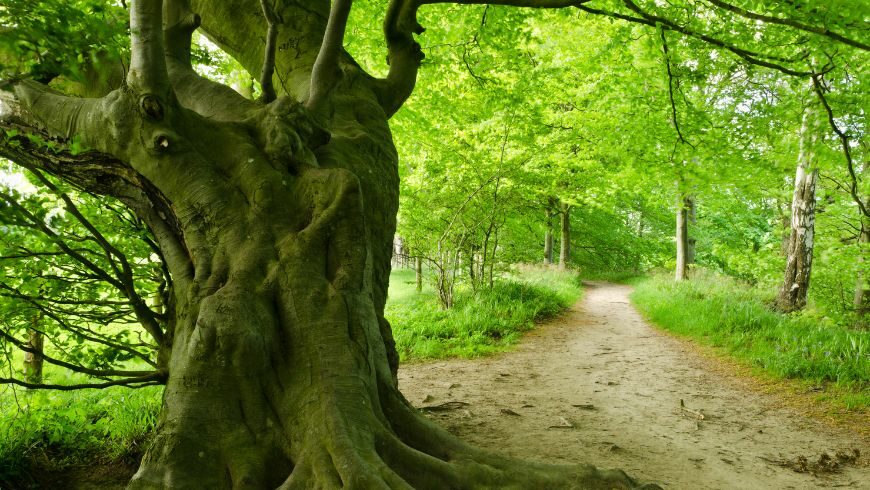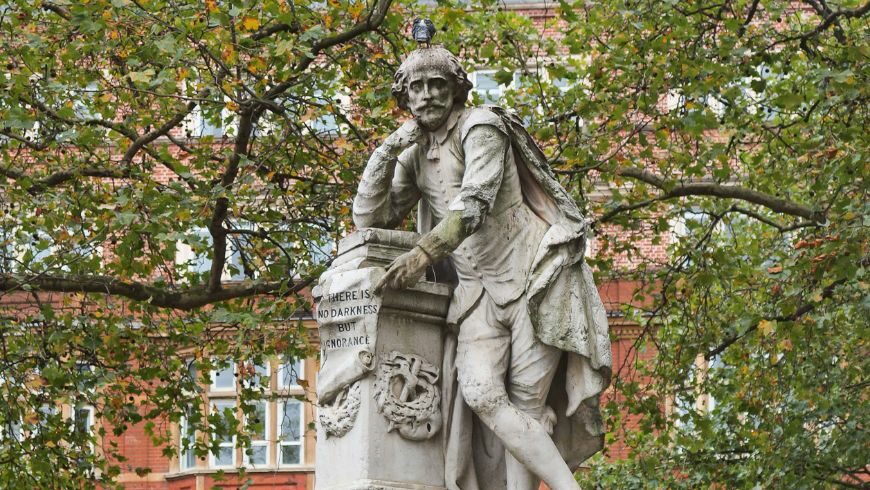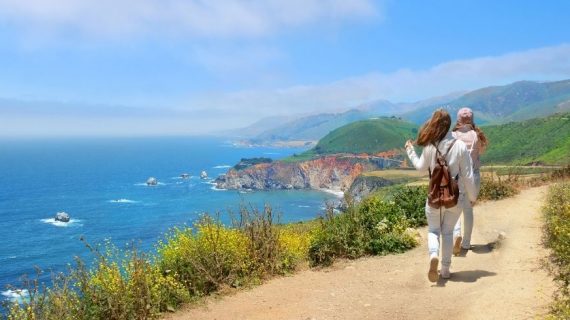Shakespeare’s verses spoke volumes about the environment and environmentalism. William Shakespeare did not use these only because these terms hadn’t been coined as neologisms at the time but much later. However, Shakespeare did have environmentally aware views inasmuch as these blends well with our own perceptions of the environmental issues right before us in the 21st century.
He used to write at the time of early colonialism, capitalism, globalized trade which were beginning to extend Western and notions of conquering the world and nature globally. His own vivid imagination helped Shakespeare to respond to this staggering societal growth, by way of recognizing the limitations humans had to face up to in their exploitation. The bio-integrity of ecosystems had to be preserved for the benefit of human civilization but surely Shakespeare acknowledged the earth’s overwhelming power to demolish all human effort to dominate it.

Shakespeare’s books mirror the contemporary environmental awareness partly because he writes about the unusually changeable weather at the time, caused (as we now know) by the cooling of the hemispheres. There were references to drowning rains and killing ice which indicate how the Elizabethans were bewildered with these natural turbulences in annual seasons. Earth-shattering storms and shipwrecking tempests feature far too often to go unnoticed in Shakespeare’s books as well.
Today these references in Shakespeare’s verses align well with global-warming crisis that tends to depict unfavourable weather conditions as rather common. These then go on to challenge the humans of the 21st century to rethink the climate reality around us.
Deforestation at the time was in its fledgling stage but also struggling advocates of conservation and sustainability emerged. It is self-evident that the ancient trees were named in an effort to preserve them from the industrial machines devouring them brutally. Sadly, royal forests were also replaced by the new industrial sawpits.

The bio-dynamic farming and green rotations of corn and rye supported ecological resilience and in so doing agricultural yields were boosted. New cultivation techniques were promoted which appeared even then to replace the old ones, regrettably. William Shakespeare mentioned all of these in his work. Environmental consequences were all of a sudden newly visible because they disturbed the resource-and-consumption balances.
The population grew rapidly in the 16th century, particularly in London. Prices skyrocketed when the high demand for timber for the purposes of building Shakespeare’s New Place in Stratford or small theatres in London. These new construction projects appear to have dangerously depleted the local woodlands. There were new fuel-intensive industries such as iron-making for cannons, or for firing glass for windows. There was heavy deforestation which followed which regrettably became the first major environmental crisis in the then England. Faced with the increase in the wood costs, householders at the time turned to coal, which was cheaper but visibly polluting heating alternative. Through Shakespeare’s eyes, we glimpse the colossal change towards fossil fuels that has risen CO2 in the atmosphere to such high levels now so critically dangerous for the Planet Earth and the whole humankind in the 21st century.

The most pressing ecological threat which we see in Shakespeare’s plays may well be industrial militarization. Shakespeare writes about its multi-level destruction of human and non-human life in late-medieval English warfare and emerging imperial regimes. Apart from the iron-making which caused deforestation, all manner of guns and weaponry needed for instance saltpetre to produce gunpowder. It was made from composted manure taken from private barns and privies by government officers. These forced appropriations then ensued. Farmers made huge efforts to feed growing numbers of people and animals. And they appear to have instigated the first country-wide in England. Regrettably these prove to be unsuccessful environmental protests eventually.
These early modern collisions of economic, national, and environmental interests continue in the imbalance today in between creating local jobs or corporate profits whilst endangering environmental devastation and extinction.
Shakespeare is certainly our eco-contemporary in this day and age in that he envisaged today’s more urgent ecological threats
FURTHER READING
- R. Martin, Shakespeare and Ecology (Oxford 2015), ch. 3, 78-111.
- Dan Brayton, Shakespeare’s Ocean: An Ecocritical Introduction (Charlottesville and London, 2012)
Cover image: photo via Canva PRO




